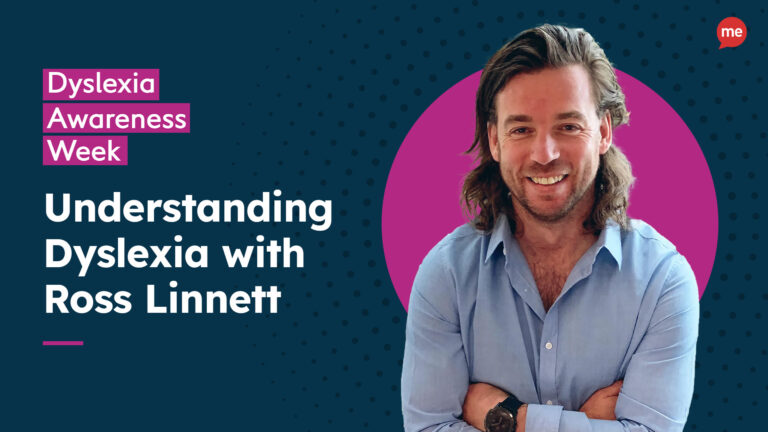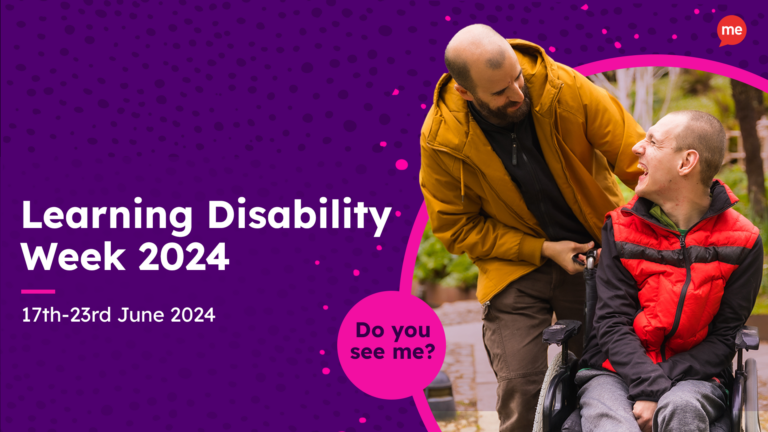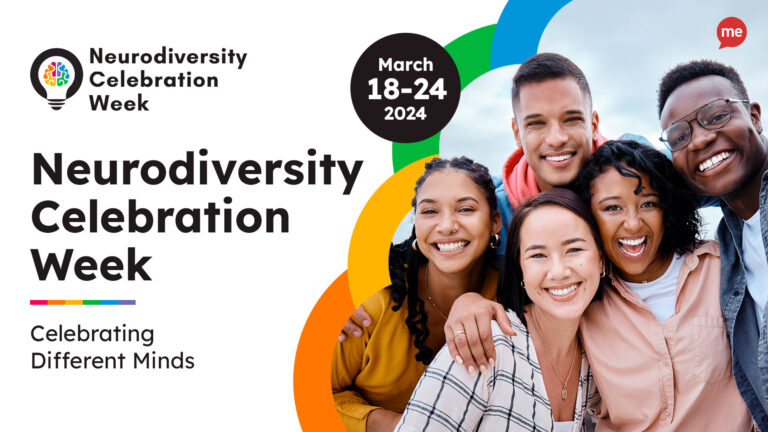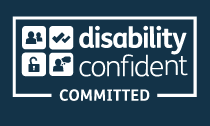Dyspraxia Awareness Week is an annual event that raises awareness of Dyspraxia and the importance of educating others on how to support those with dyspraxia. This year, this is being held from Monday the 9th of October to Sunday the 15th of October 2023.
Dyspraxia is a learning difficulty that affects movement, coordination, and balance. This can affect daily tasks such as living skills, social skills, as well as time management, planning and personal organisation skills. This is why Dyspraxia falls under the umbrella of neurodivergence.
We caught up with Owen-James Young, a Marketing Executive here at Recite Me, as he discussed how his own dyspraxia affects him and what he would tell others about Dyspraxia.
1. How does dyspraxia affect you?
Dyspraxia has always affected my day-to-day life. But it affects me the most regarding hand-eye coordination tasks such as sports, writing and reading. I am constantly feeling like I can’t multi-task because I have to hyper-fixate on what I am doing to even complete it to a basic level.
But dyspraxia can also affect my organisation, speaking skills and spatial relationships.
2. When did you find out you had dyspraxia?
When I was a little bairn, I struggled with learning to walk and being clumsy. I also couldn’t understand things as quickly as others which got me frustrated! So, when I was in secondary school, my mam took me to get diagnosed and the rest is history.
3. What do you wish people knew about dyspraxia?
I wish people knew that around 90% of individuals with dyspraxia also have ADHD. When I first found this out, I was amazed but not surprised. A lot of what I struggle with can be cross-referenced with Attention Deficit Hyperactivity Disorder.
I am yet to be diagnosed with ADHD but I’m on the waiting list.
4. How does Recite Me support you?
Recite Me is fantastic at supporting me with my dyspraxia. For 1, because I struggle to take information in, tasks are explained to me on basic terms and not overly complicated and it’s so much easier.
They also give me the right learning environment so I can concentrate much better. As well as the right amount of time to complete tasks so I don’t feel overwhelmed.
Most importantly, I never feel any less valued and that’s all you want from your employer.
5. What are the positives of having dyspraxia?
Whilst it can get frustrating that I struggle with certain things, a positive about dyspraxia is that I can concentrate on a singular task so well. As a result, this makes me a bit of a perfectionist and it gives me the determination to make it the best it can be. Another positive is that it gives me closure to a lot of things that I can’t do as well as others and I just want everyone to know that is okay, that’s what makes you, uniquely you!
For more information on Dyspraxia Awareness Week, go to the Inclusive Employers website. Or read our full Dyspraxia blog.







